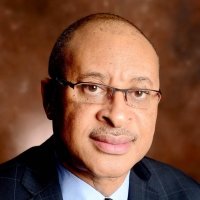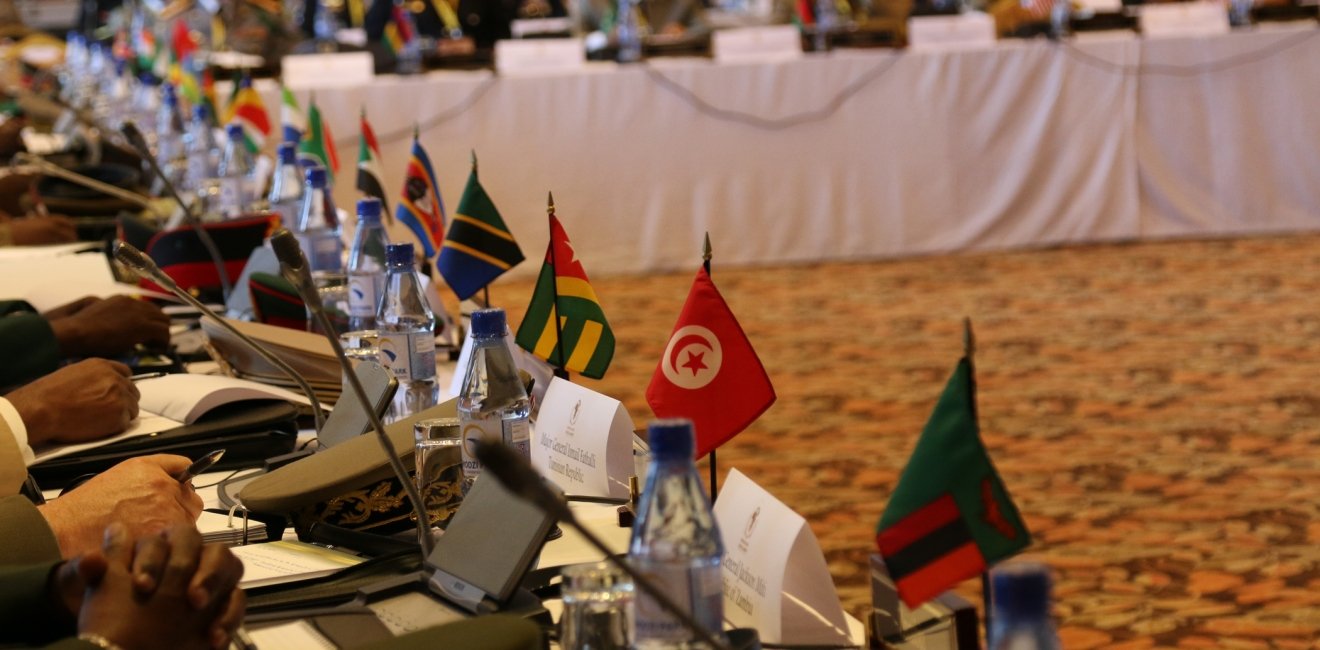
A blog of the Africa Program
The recent declaration of a public health emergency by the World Health Organization (WHO) and the Africa Centres for Disease Control and Prevention (Africa CDC) due to the spread of the Mpox virus highlights the interconnected nature of healthcare issues and the need for collective responses.
From July 18 - 21, 2024, I attended the 6th African Union (AU) Mid-Year Coordination Meeting in Accra, Ghana, where a high-level panel discussion focused on healthcare coordination.
Started in 2017, the AU Mid-Year Coordination Meetings are a forum to enhance collaboration between the African Union and the eight recognized Regional Economic Communities (RECs). The RECs serve as building blocks for the AU and regional governance. Opportunities like the Mid-Year Coordination Meetings are an effort to improve coordination and evaluate progress in aligning strategies and actions between the AU and the RECs.
While Mpox is gaining attention, the high-level panel discussions organized with the Africa Business Council and the Africa Health Care Federation focused on addressing increased mortality rates from non-communicable diseases such as heart disease, diabetes, and cancer. At the same time, panelists expressed a continued need to address diseases such as cholera, malaria, and HIV/AIDS as some have recently spiked across the continent.
A lack of investment in equipment and training limits responsiveness across the continent to non-communicable diseases, in particular. For example, only a few countries, such as Egypt, Morocco, Tunisia, South Africa, and Kenya, have medical cyclotron machines that produce positron emission tomography (PET) scans and identify where cancer is located in the body.
While international investment supports the continent’s healthcare systems—since 2020, the US has committed nearly $20 billion to healthcare programs across Africa—most of it goes to programs combatting communicable diseases like HIV/AIDS and malaria. New investments can complement these traditional funding sources to advance healthcare responses to non-communicable diseases across the continent.
Ongoing initiatives are beginning to engage new sources of funding. In Abuja, Nigeria, the Afreximbank is investing in high quality medical centers, and in Lagos state, the Nigerian Sovereign Wealth Fund is supporting facilities like the Lagos University Teaching Hospital (LUTH). These initiatives create additional opportunities for investments in healthcare capacity. Going forward, one way of continuing to drive investment is through private-public partnerships that can support procuring expensive diagnostic equipment like medical cyclotron machines. Another is through international university partnerships that provide opportunities to develop training programs for proper use of cyclotron machines and other important equipment.
The high-level panel in Accra recognized the importance of a coordinated approach to improving Africa's healthcare systems. Addressing gaps in healthcare infrastructure, technology, and training requires cooperation between national institutions, RECs, the AU, and international partners. However, cooperation will not be enough; making real progress will require creative financing and partnership.
Author

Brown Capital Management Africa Program Public Policy Fellow, Professor at the Lagos Business School

Africa Program
The Africa Program works to address the most critical issues facing Africa and US-Africa relations, build mutually beneficial US-Africa relations, and enhance knowledge and understanding about Africa in the United States. The Program achieves its mission through in-depth research and analyses, public discussion, working groups, and briefings that bring together policymakers, practitioners, and subject matter experts to analyze and offer practical options for tackling key challenges in Africa and in US-Africa relations. Read more

Explore More in Africa Up Close
Browse Africa Up Close
The Innovative Landscape of African Sovereign Wealth Funds





